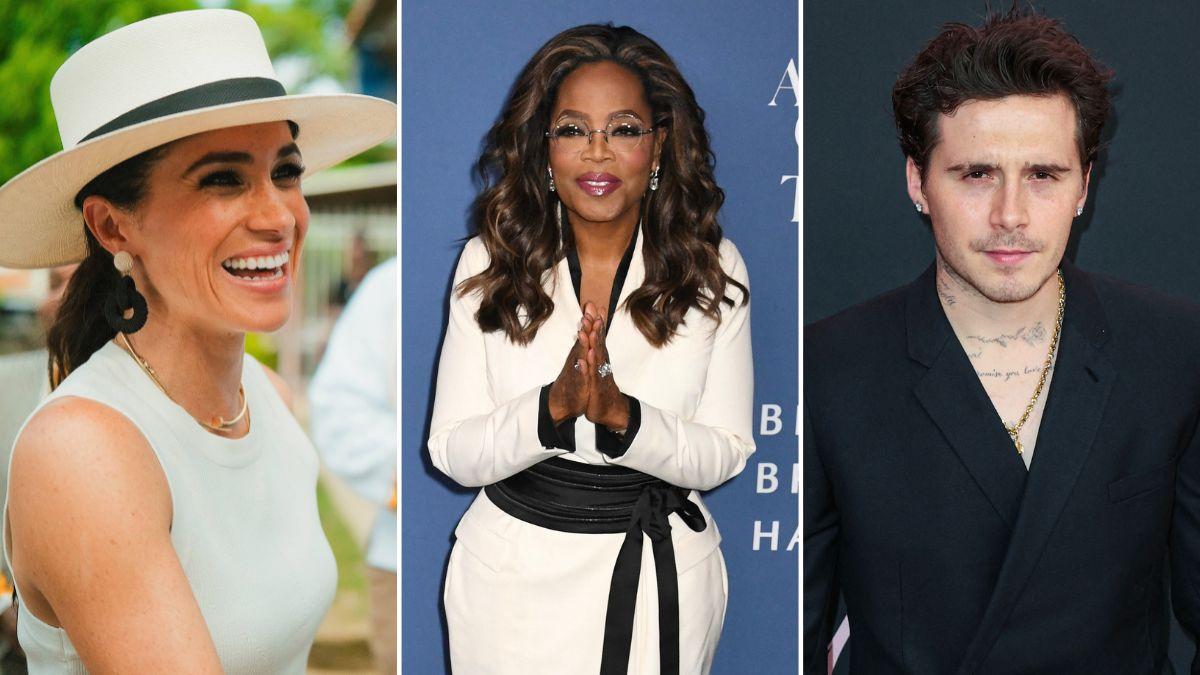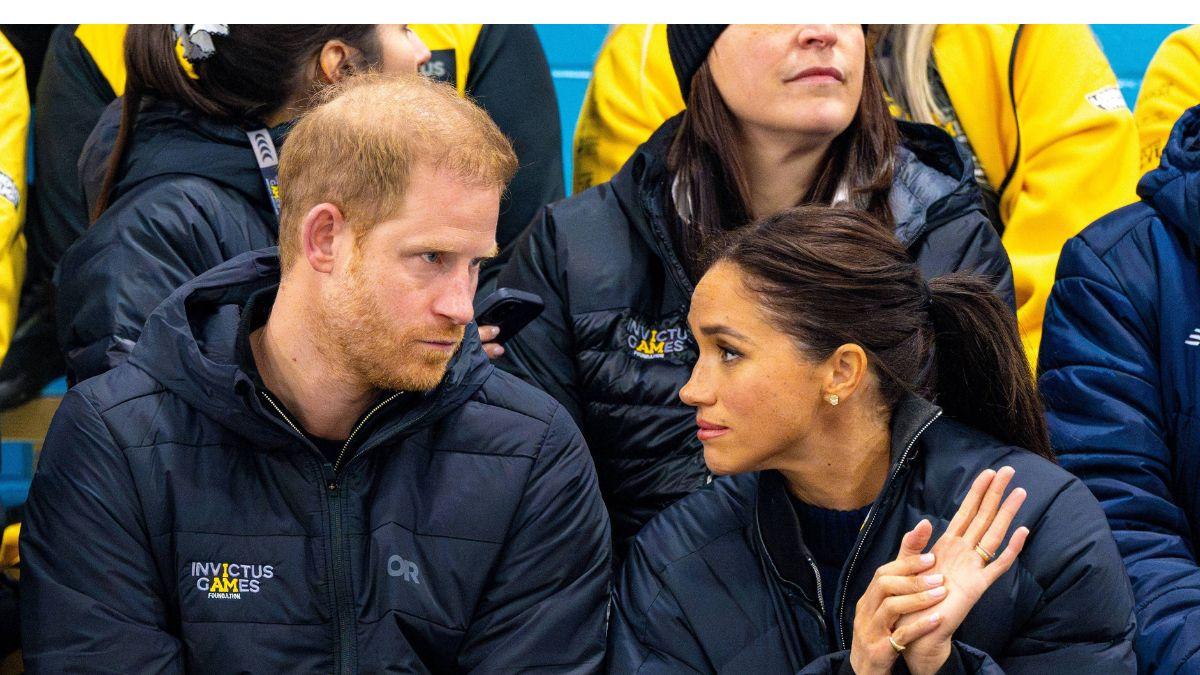EXCLUSIVE: How Al Pacino Narrowly Avoided Drug Addiction, Gang Life and Death — As He's Haunted by Passing of 3 Heroin Junkie Pals and Mom's Pills Tragedy
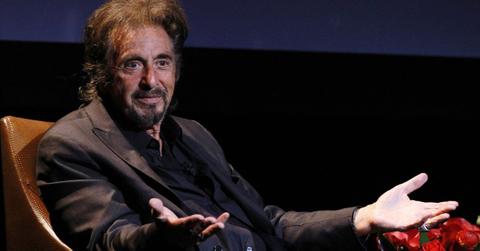
At the height of the pandemic, Pacino fainted while battling COVID and his pulse stopped.
Dec. 4 2024, Published 10:26 a.m. ET
Movie heavyweight Al Pacino counts his lucky stars every single day he's made it this far because he was heading for a life of drugs, destitution and death on the mean streets of New York.
The Godfather star escaped from the Bronx in the 1940s, but three of his closest pals, Cliffy, Bruce and Petey, all died of heroin addiction, RadarOnline.com can reveal.
Pacino did nearly die one day, skating on thin ice on the Bronx River, and got into countless scrapes.
He credits his mother Rose for saving him from worse fates, fending off the nightly calls of friends skulking in tenement alleyways.
But by the time he was 22, the penniless and fragile Rose would also be dead, having choked on pills in her parents’ apartment.
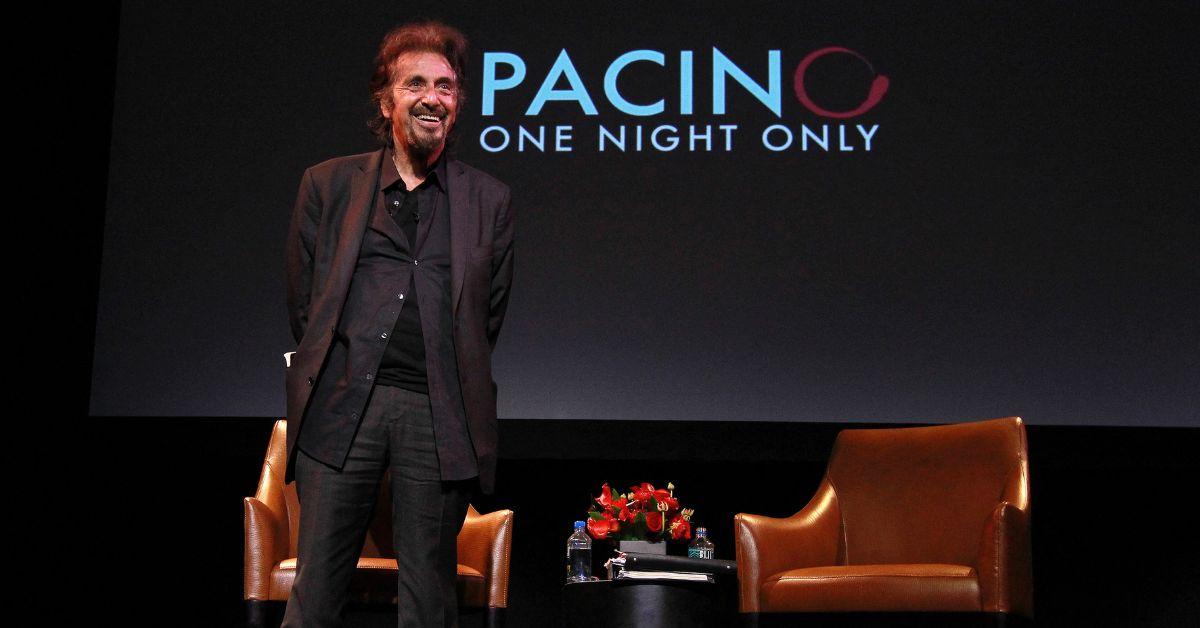
Pacino counts his lucky stars every single day he's made it this far because he was heading for a life of drugs, destitution and death.
Pacino escaped a life of grinding poverty by starting at the Actors Studio.
In his memoir, Sonny Boy, he reveals he used to run wild on the streets until his family grounded him and he started drama classes at school.
He confessed: "We climbed to the tops of roofs and jumped from one building to another, we held on to the back seats of buses and if we wanted food, we stole it.
"We never paid for anything. Getting into trouble was our pastime."
But it was his mother who kept him away from dangerous company. When they called him from the street, she would say: "Don’t go out. I was furious but it saved my life," recalled Pacino.
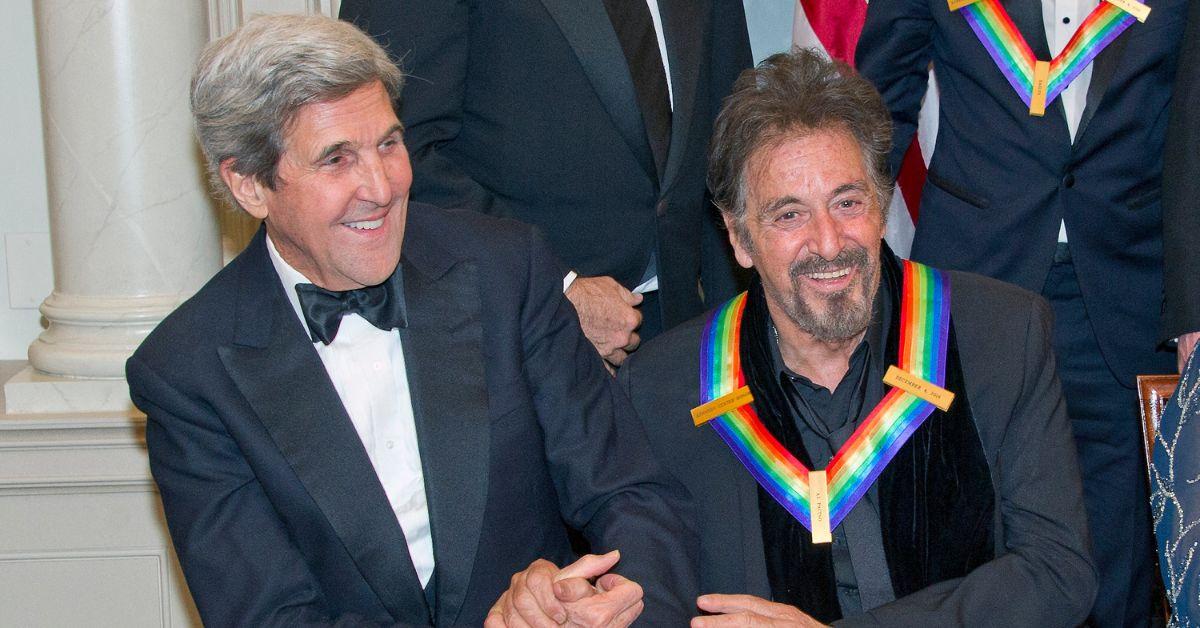
Pacino revealed he used to run wild on the streets until his family grounded him and he started drama classes at school.
At 16, he left school and immersed himself in the New York theater scene. To support himself, he worked as a delivery boy, a waiter, a janitor and once even a doorman.
Finally, he enrolled at the Actors Studio. "I had an anarchic look, people thought: who does he think he is?
"If you were a young actor, that’s where you wanted to go," said Pacino.
The longtime actor admits that his profession began almost as a lark. He began acting in school as a way to get out of his more boring classes.
"I never thought this was going to happen. I just kept doing it, and then finally one day, a long time ago, I thought, 'I can express myself here'." He also added that acting "saved my life."
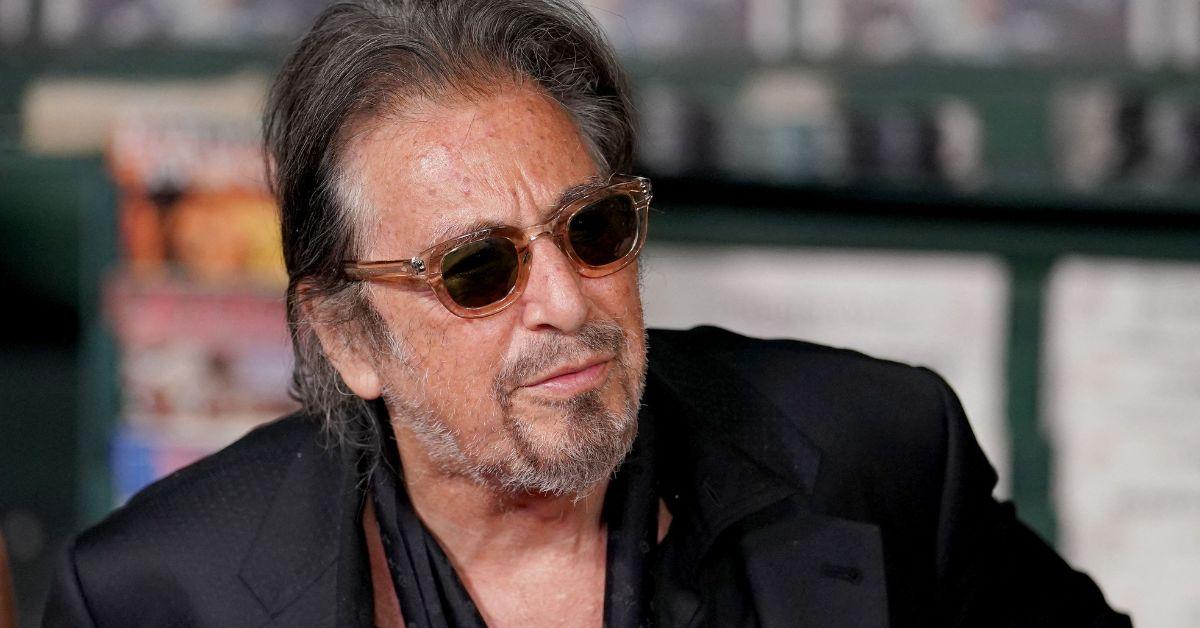
Al Pacino overcame addictions and a near-death COVID battle to reach his 85th birthday.
As his grandfather used to say: "the kid’s got personality". He was first a child of the movies, tagging along with Rose to the cinema when she crawled home from factory jobs, and by his late teens, he was devouring the great authors like Shakespeare, wandering around Manhattan "shouting iambic pentameter into the night".
The book tracks his rise from humble beginnings to Oscar-winning icon and has enough drama to fill several Hollywood screenplays: family tragedy, epic romances and a fortune made and lost.
"It was due," he said of deciding to write the memoir. "I'm in my 85th year. When you get there and you start experiencing age, you understand why they do put things down."
And before The Godfather turned themes of loyalty and betrayal into movie gold, Pacino learned a valuable lesson about the code of silence when he was just 6.
In Sonny Boy, Pacino recalled coming home to his tenement apartment where he lived with his mom and grandparents.
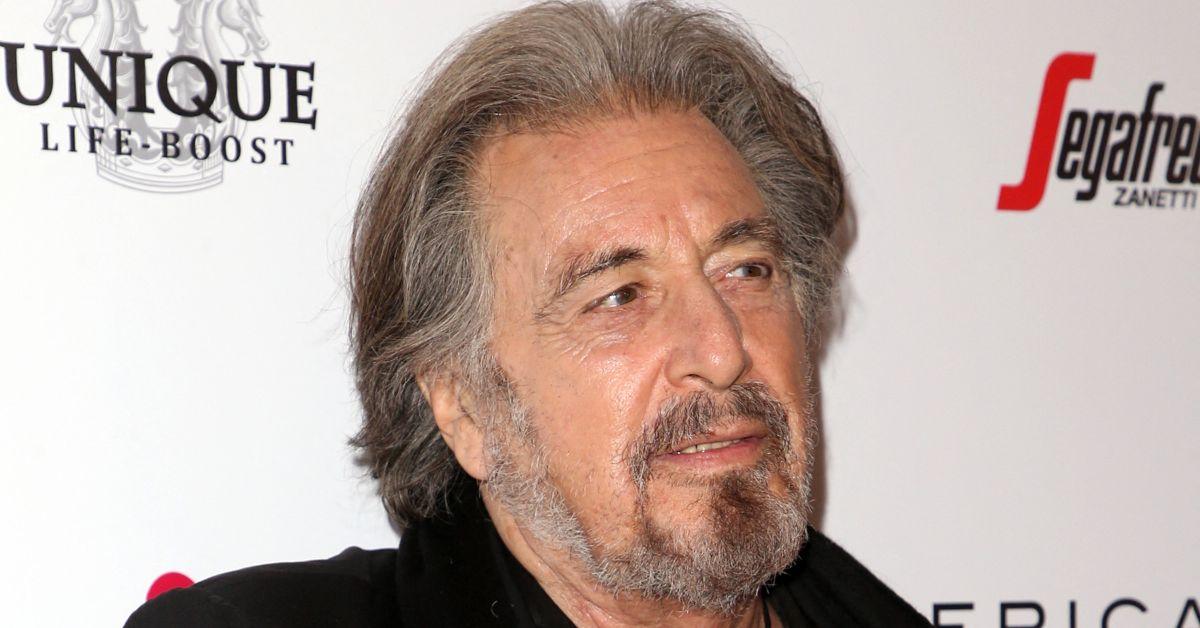
Pacino received a kiss on the cheek from his dinner guest Caterina Di Terlizzi.

He told his grandfather about tattling on a misbehaving classmate. "So you're a rat, huh?" his grandfather asked as Pacino slid to the floor in shame. After that, Pacino wrote in the book: "I have never ratted on anyone again."
He was launched into the big time when The Godfather director Francis Ford Coppola saw him in a play and cast him as Michael Corleone in the 1972 mobster classic.
As his profile rose thanks to follow-up films like Serpico, so too did his reputation as a too-cool-for-school snob who skipped awards shows and snubbed press opportunities.
The truth is he struggled to deal with fame and turned to liquor and drugs to cope. "I started to forget things at a very young age they called them blackouts , so I got nervous," he said. Pacino has now been sober for decades.
"I'm surprised I did say some of the stuff I said," admitted Pacino, who also wrote about losing a multimillion-dollar fortune in the 2000s, thanks to a shady accountant and his own spending, and a near-death experience from COVID-19 at the height of the pandemic before vaccines were available.
"I fainted, and when I opened my eyes, there were six paramedics in my living room," he says. "I didn't have a pulse. Everybody thought I was dead."
Have a tip? Send it to us! Email RadarOnline.com at tips@radaronline.com.

